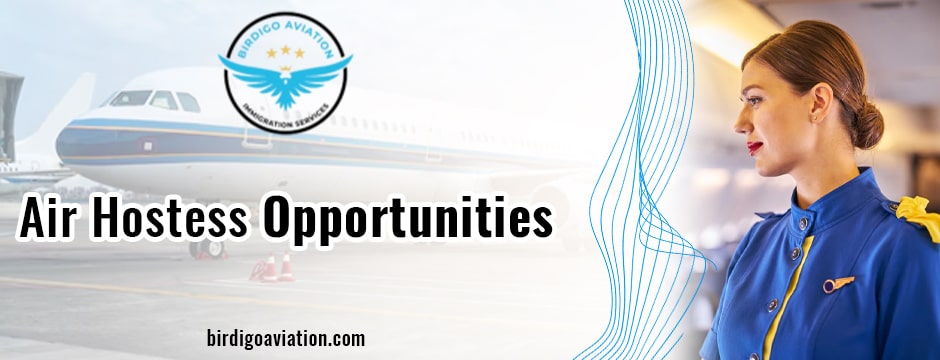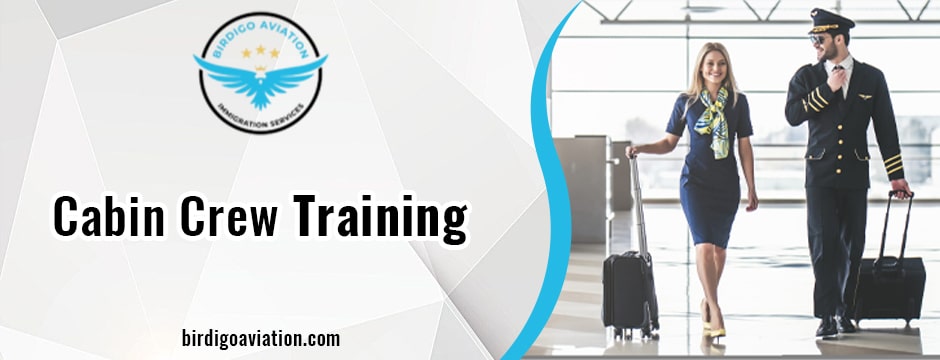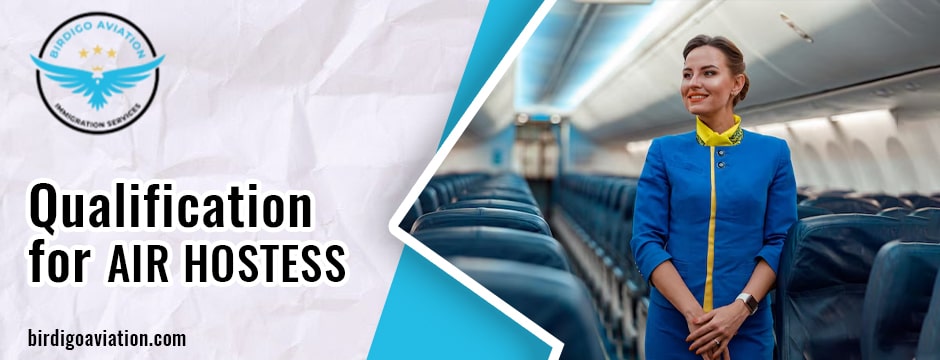
Becoming an air hostess is more than just a job—it’s a passport to explore the world, meet diverse people, and serve with elegance and confidence at 30,000 feet. As airlines across the globe expand their fleets and services, the demand for well-trained, poised, and professional cabin crew continues to rise. But landing the most sought-after air hostess positions isn’t merely about having a charming smile or wearing the perfect uniform. It begins with excelling at the interview stage, where your skills, personality, and preparedness are put to the test.
Air hostess interviews are typically structured, competitive, and rigorous. Airlines look for individuals who embody safety, hospitality, cultural sensitivity, and calmness under pressure. Whether you’re aiming for a domestic airline or an international giant like Emirates, Qatar Airways, or Singapore Airlines, preparation is key. In this guide, we’ll walk you through expert tips and actionable strategies to help you shine in your interviews and secure the best Air Hostess Opportunities.
Understand the Role Inside-Out
Before walking into any interview, it’s essential to have a clear understanding of what the role of an air hostess involves.
- Duties and responsibilities: Passenger safety, inflight service, emergency procedures, first aid, and conflict resolution.
- Work environment: Long hours, irregular schedules, cultural interactions, and physically demanding tasks.
- Skills required: Communication, teamwork, problem-solving, emotional intelligence, and attention to detail.
Research the specific airline you’re applying to, understand their service model, company culture, and expectations from their cabin crew. Visit their website, follow their social media, and read reviews or testimonials from current employees.
Grooming and First Impressions Matter
In aviation, appearance and grooming are taken very seriously. Airlines have strict standards, and how you present yourself during the interview is often seen as a reflection of how you’d represent the airline. Tips:
- Dress professionally: For women, a knee-length skirt with a blazer or a smart dress in neutral tones works well. For men, a tailored suit is ideal.
- Hair and makeup: Clean, neat hairstyles (often tied back for women), natural makeup, and well-groomed nails are expected.
- Hygiene and posture: Clean hands, fresh breath, upright posture, and a warm but not overly casual smile go a long way.
Work on Communication Skills
Fluent, clear, and courteous communication is the backbone of cabin crew service. You must demonstrate:
- Language proficiency: Fluency in English is a must, and knowing additional languages is a bonus.
- Voice modulation: Calm, polite, and firm tone when needed.
- Active listening: Showing attentiveness and understanding in your responses.
Practice speaking in front of a mirror, record yourself answering mock questions, or engage in mock interviews with peers or trainers. Focus on tone, clarity, and articulation.
Prepare for Common Interview Questions
Air hostess interviews often include questions designed to assess your personality, situational judgment, and motivation. Sample Questions:
- “Why do you want to become an air hostess?”
- “How would you handle a difficult passenger?”
- “How would you deal with an in-flight emergency?”
How to Answer:
Stay calm, positive, and avoid speaking negatively about past experiences or employers to land the leading Air Hostess Opportunities.
Demonstrate Soft Skills with Real-Life Examples
Beyond academic qualifications or looks, airlines seek candidates with strong emotional intelligence and interpersonal skills. Skills to Highlight:
- Empathy and patience: Dealing with elderly passengers, children, or nervous flyers.
- Problem-solving: Handling last-minute seat changes or service complaints tactfully.
- Teamwork: Collaborating with crew members from diverse backgrounds.
Showcase these abilities through personal anecdotes or previous customer service experiences.
Ace the Group Discussion Round
Many airline selection processes include group discussions (GDs) to assess communication, leadership, and teamwork under pressure. In a GD, you’re usually placed with 5–10 other candidates and given a topic to discuss within a limited time. Tips for Group Discussions:
- Stay composed and respectful.
- Speak with confidence, but don’t dominate.
- Listen actively and acknowledge others’ points.
- Contribute thoughtful, structured ideas.
Airlines observe how well you can express yourself, handle differing opinions, and maintain poise in a group setting.
Focus on Fitness and Medical Readiness
Physical fitness and overall health are essential for air hostesses, as the job can be physically taxing. Be prepared for:
- Height and weight checks.
- Vision and hearing tests.
- Medical examinations for conditions like varicose veins or respiratory issues.
Start focusing on a balanced diet, regular workouts, and healthy sleep routines weeks before your interview in cabin crew training. Avoid smoking or excessive caffeine intake to ensure you’re in peak condition.

Train with Professionals
If you’re serious about landing the best opportunities, consider enrolling in a professional air hostess or cabin crew training program. These courses can provide:
- Interview preparation
- Grooming sessions
- English and soft skills training
- In-depth understanding of in-flight safety and hospitality procedures
Such certifications not only enhance your resume but also boost your confidence and make you more marketable to top airlines.
Practice Mock Interviews and Feedback Sessions
Just like a dress rehearsal before a big performance, mock interviews help fine-tune your responses, body language, and time management. Look for:
- Mock interview sessions from coaching institutes.
- Online video calls with mentors.
- Peer-to-peer practice groups.
Make sure to get feedback and work on your weaknesses, such as qualification for air hostess. Confidence comes from preparation, not from memorising scripted answers.

Stay Updated on Aviation Trends
Being well-informed about current developments in the aviation industry shows genuine interest in the profession. Read aviation blogs, follow airline news, and be aware of:
- Post-pandemic airline policies
- Customer service innovations
- Safety regulations and international aviation laws
This knowledge can help you stand out when asked about your perspective on industry-related questions.
Final Notes
Breaking into the aviation industry as an air hostess is no small feat, but with the right mindset, grooming, communication skills, and professional training, your dream can become a reality. Every successful flight begins with a smooth takeoff, and your Air Hostess Opportunities today is that first step toward a promising future in the skies.
If you’re ready to take your aspirations to the next level, consider enrolling in professional courses that are designed to groom, train, and place you in top airline positions. Birdigo Aviation offers comprehensive cabin crew and air hostess training programs that equip you with everything from grooming and personality development to industry-specific knowledge and interview mastery. Your career in the clouds begins here—prepare with the best to fly with the best!

